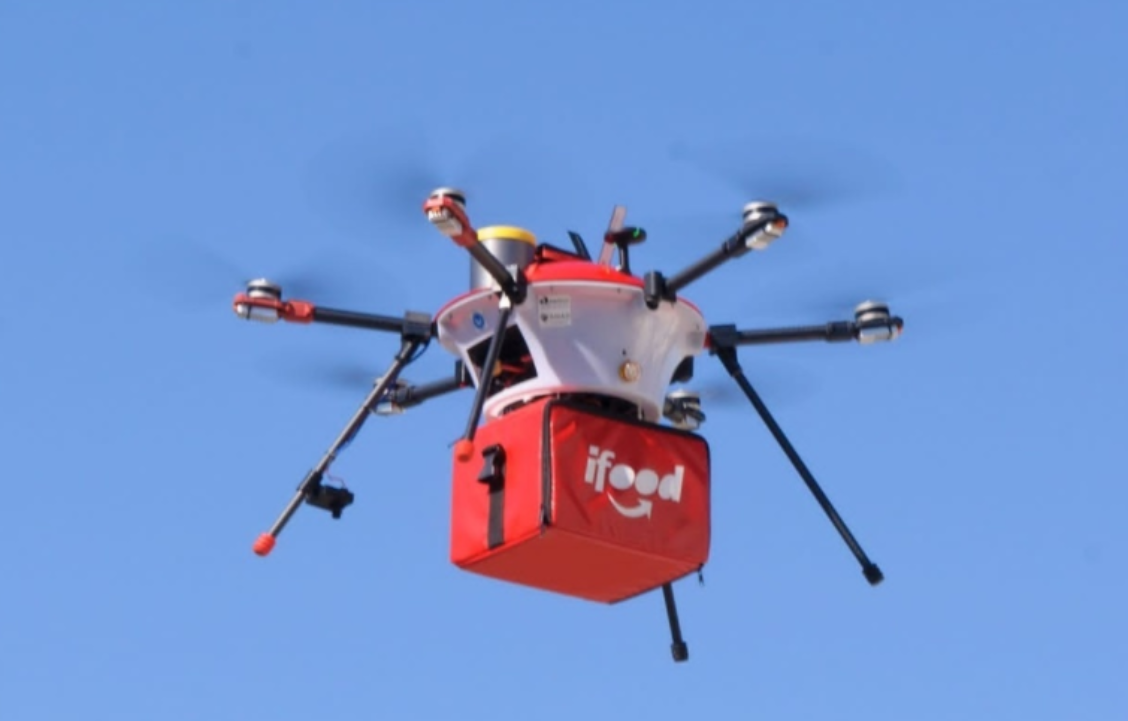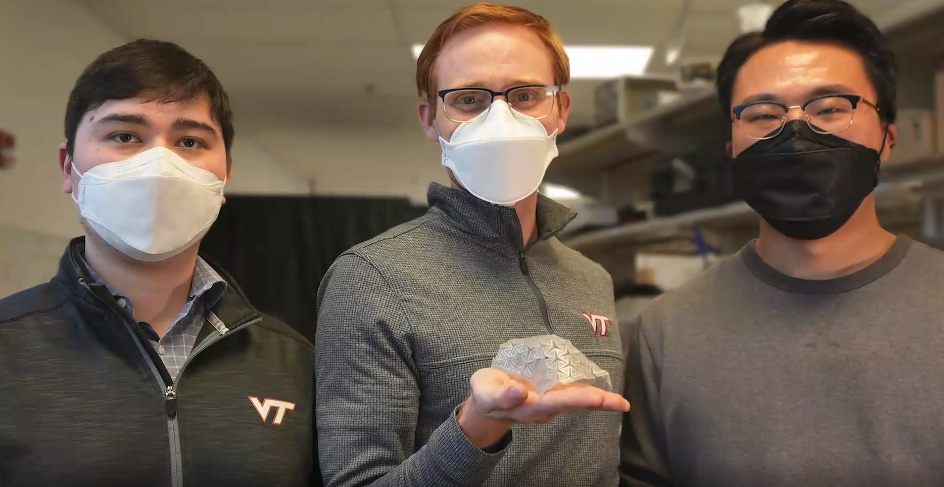
iFood received authorization from the National Civil Aviation Agency (Anac) for daily commercial use of delivery deliveries with drones. Deliveries will be made in partnership with Speedbird Aero throughout the national territory.
The drone will be able to carry out deliveries with loads of up to 2.5 kg within a radius of 3 kilometers, including in urban environments, maintaining safety margins established in the project.
“This is the beginning of a change that brings new ways and will speed up deliveries in different contexts as we put the use of an air modal in part of a delivery route”, says Fernando Martins, head of logistics and innovation at iFood.
Martins highlights that drones complement the delivery carried out by couriers in part of the route, with the withdrawal of the order in a droneport.
Manoel Coelho, CEO and co-founder of Speedbird Aero, believes that, with the advancement of unmanned aerial logistics, delivery perspectives open up for the expansion of the use of the equipment.
“The reduction in delivery time, the reduction of costs and pollutant emissions and the optimization of land traffic are just some of the benefits of this innovative activity, which takes off today in Brazil with the authorization granted by Anac to the DLV-1 NEO”, says Manuel.
Approval process
The testing period for goods deliveries with drones started two years ago with the Cave certification (Certificate of Authorization for Experimental Flight). This period proved the possibility of operating drones for the purpose of deliveries and obtaining the authorization that enables the drone in the DLV-1 NEO model, manufactured by Speedbird Aero, to operate commercially on routes beyond the pilot's visual line of sight.
“The authorization is noteworthy for being the first multirotor approved by Anac and for its application, delivery of goods. In the process that led to this approval, technical characteristics were explored, based on safety requirements. The use of drones to deliver goods is one of the most anticipated applications of the technology”, says Roberto José Silveira Honorato, superintendent of Airworthiness at Anac.







